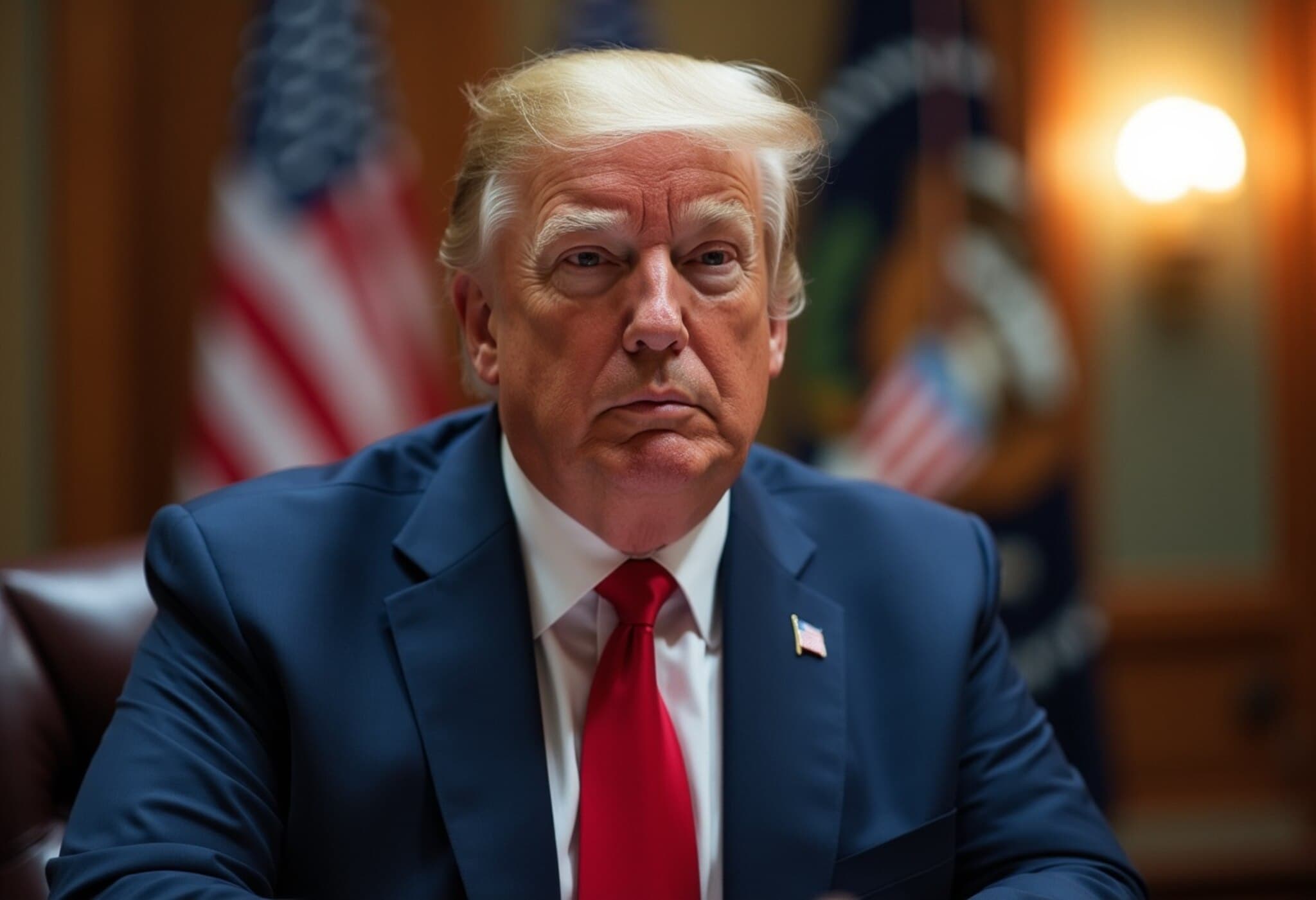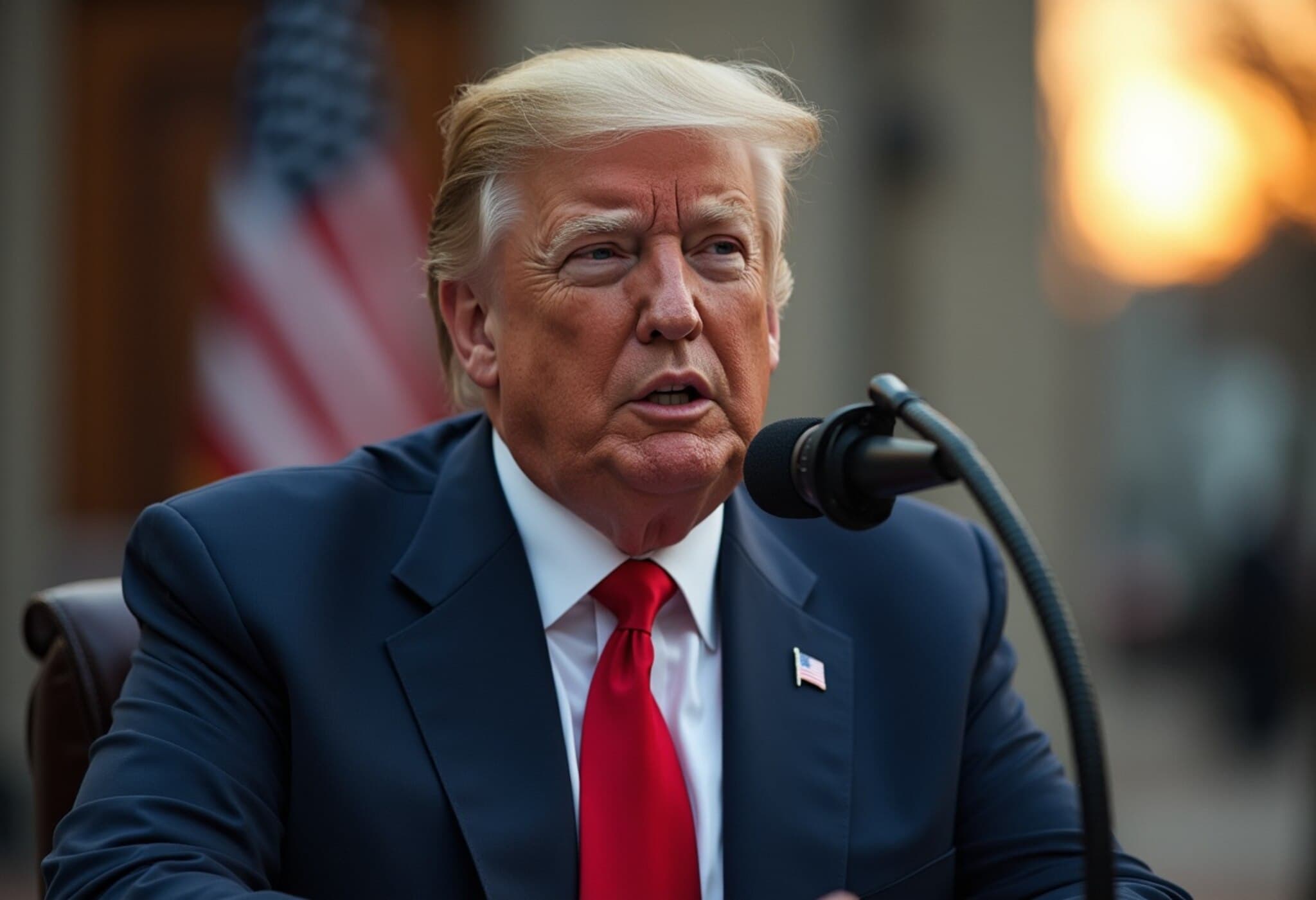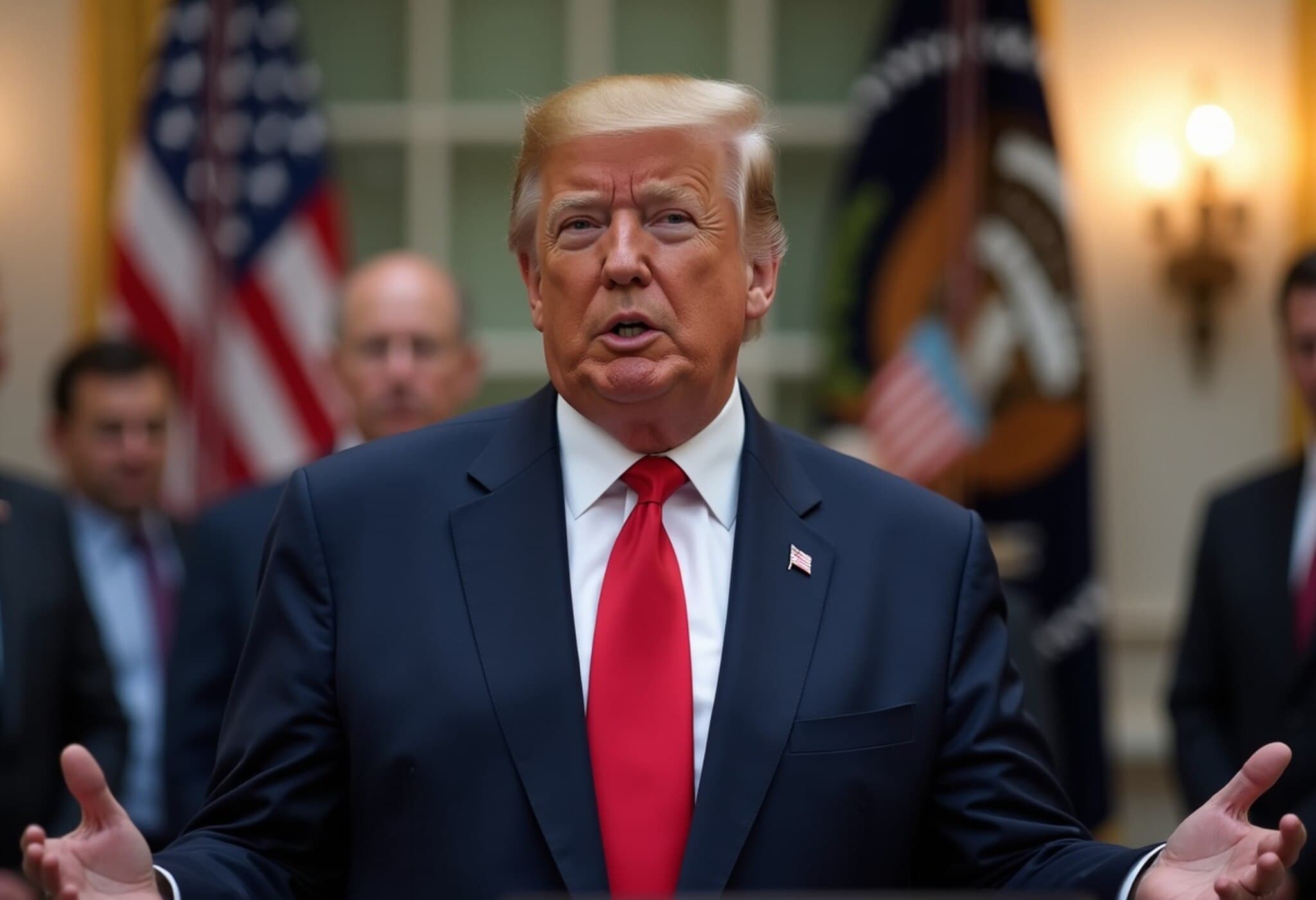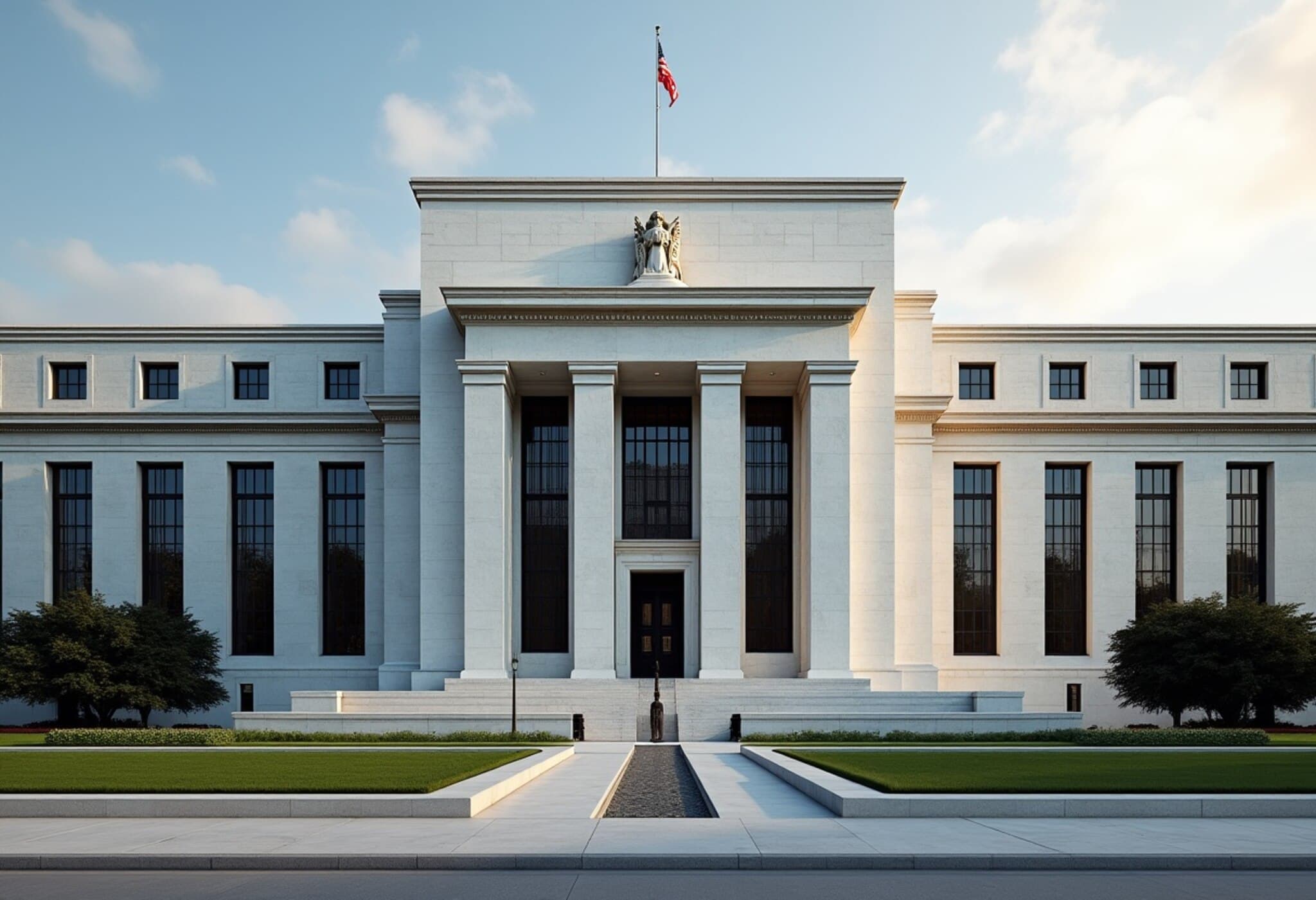U.S.-Funded Contraceptives Destined for Incineration in France
In a move stirring significant global controversy, contraceptives valued at nearly $9.7 million, funded by the United States and intended for vulnerable populations in low-income countries, are being sent from Belgium to France for destruction. This decision follows the U.S. government's refusal to accept offers from the United Nations and several family planning organizations to redistribute or purchase these critical supplies.
Background: Aid Freeze and Warehouse Stalemate
Since January 2025, these contraceptive supplies—including implants, pills, and intrauterine devices—have remained stranded in a warehouse in Geel, Belgium, after President Trump’s administration halted foreign aid funding. Now, after months of stalled negotiations, the U.S. State Department confirmed plans to incinerate the stockpile at a specialized medical waste facility in France, incurring an additional $167,000 in disposal costs.
Failed Attempts to Repurpose Life-Saving Supplies
Non-governmental organizations (NGOs) and the UN’s sexual and reproductive health agency (UNFPA) sought to intervene by proposing to purchase or redistribute the contraceptives to countries in critical need, particularly in sub-Saharan Africa. One organization, MSI Reproductive Choices, even offered to cover costs for repackaging the supplies to remove USAID branding and cover shipping and import fees. Despite these earnest efforts, the U.S. government declined, proposing only full-market-value sales—a hurdle that effectively stalled negotiations.
Policy and Ideology at the Heart of the Decision
Inside sources indicate the destruction aligns with the Mexico City Policy, reinstated by the Trump administration in January 2025. This policy prohibits U.S. funding or supplies from benefiting entities that provide or promote abortion services. According to sources, a critical sticking point was the inability to guarantee that UNFPA or NGOs would not distribute contraceptives to abortion providers, conflicting with U.S. policy directives.
Moreover, the contraceptives bear USAID branding, limiting options for redistribution without violating U.S. positional constraints. The U.S. State Department underscored these factors as justification for disposal while highlighting cost savings from canceled orders totaling $34.1 million under the Biden administration.
Global and Local Repercussions
Advocates argue that this destruction policy will deepen contraceptive shortages in already vulnerable regions, potentially precipitating rises in unintended pregnancies and unsafe abortions. Sarah Shaw, Associate Director of Advocacy at MSI Reproductive Choices, expressed deep concern: "This is not a fiscal decision but an ideological one that undermines women's rights and health globally. If we lose access to contraception, we risk pushing women into desperate and unsafe situations."
The Belgian government engaged actively with U.S. authorities to explore alternatives, including temporary relocation of the stock, but ultimately no viable solution emerged. Belgium remains committed to seeking options to mitigate this outcome.
Logistics of Destruction
Transporting supplies for destruction is no small feat. Sources revealed that the operation will require dozens of truckloads and demand over two weeks to clear the warehouse inventory. The exact location of the incineration site in France handles medical waste, underscoring the controlled yet regrettable nature of this disposal.
Examining Broader Implications
This episode spotlights the complex intersection of U.S. domestic policies influencing international aid priorities, raising questions about the human cost of politicized foreign assistance. It also calls attention to the fragility of global family planning programs relying heavily on U.S. government funding.
- What does this mean for women in low-income countries? Without affordable access to contraception, risks increase for maternal morbidity and unsafe abortion practices.
- How will aid organizations adapt? NGOs might face increased pressure to fill gaps left by government-driven aid disruptions.
- Can bipartisan U.S. legislation override these policies? Although bills have been introduced to halt destruction, passage appears unlikely before incineration occurs.
Editor’s Note
The destruction of nearly $10 million worth of contraceptive supplies reflects a profound clash between policy ideology and global health imperatives. While the U.S. government frames this move within its legal and political commitments, the resulting impact on reproductive rights and health around the world is undeniable. This situation underscores the urgent need for international cooperation and flexible frameworks that prioritize human well-being above political divisions.
Readers are encouraged to consider the broader ripple effects of politicized foreign aid policies. As this story unfolds, the international community must grapple with balancing sovereign policy decisions with ethical responsibilities to global health equity.



















